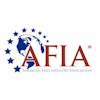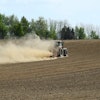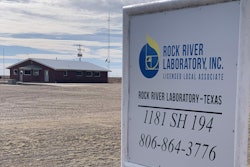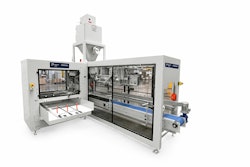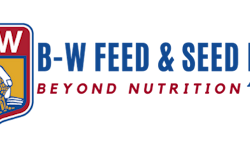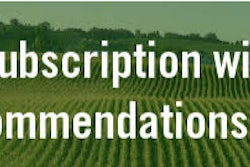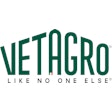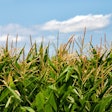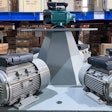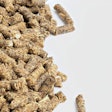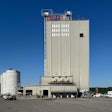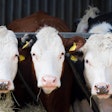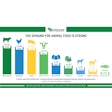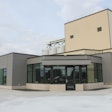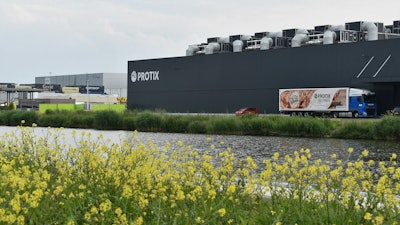
Insects will play a key role in building more sustainable chicken and aquaculture value chains. This is a necessity if the industry is to provide adequate protein to satisfy the growing population.
Bühler is committed to ambitious targets that will help mitigate climate change. The company targets reducing waste, energy consumption, and water use by 50% in the value chains of its customers. To deliver by 2030, both Bühler and the industry must have solutions ready to scale before 2025.
One key strategy to sustainably feed the planet’s growing population is the reduction of agricultural land by more than a third. Doing that, we would bring carbon emissions within planetary boundaries. A major driver of both land use and CO2 production is humankind’s consumption of proteins, in particular meat.
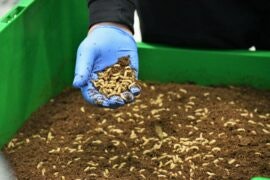
The huge growth in non-animal meat alternatives, primarily from plant-based products, is an indication of a strong desire to eat more sustainably from a climate change perspective. However, Bühler has concluded that the rate of global dietary change will not be quick enough to sufficiently reduce CO2 emissions by 2030 and that the industry must contribute urgently to delivering a more sustainable meat value chain.
One opportunity to reduce the CO2 footprint of meat is the use of insects for feed, particularly of poultry and aquaculture. Embedding insect production into the farming system unlocks the benefits of circular economy and inclusive business creation, providing an excellent protein source from side streams, reducing the depletion of fish stocks in our oceans by replacing wild catch for fish feed, and providing a low CO2 footprint protein source for poultry. Importantly, this can come with significantly reduced land use for the feed production.
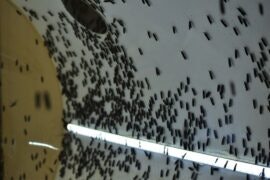
Bühler provides technology solutions for the growth and processing of insects to enable industrial-scale transformation of organic residues into high-value insect-based ingredients. With experience in running installations, proven innovations, and a strong research and development pipeline Bühler will play a key role in developing this nascent industry sector to reduce the CO2 footprint of meat production. And the company doesn’t stop there.
Bühler is pleased to announce another step in its insect production and processing capabilities. The company’s unique larvae storage system allows full decoupling of insect rearing from processing, which gives outstanding flexibility in the operational schedule. Bühler’s technology succeeded the field test and is now ready for broad industrial use.
Last year, after four years of close collaboration, Bühler reached the major milestone with one of its partners, Protix, as their fully automated industrial black soldier fly processing plant in Bergen Op Zoom in North Brabant, Netherlands, reached its full processing capacity. This marks a proof point in the insect industry and the successful completion of the joint venture between Bühler and Protix.

“We congratulate Kees Aarts and his team at Protix on the extraordinary achievement of their insect protein facility. To be the pioneer in an industry is a challenging role, and to be the first to deliver a commercially viable, large-scale insect plant is a significant step on their ambitious journey,” says Ian Roberts, CTO at Bühler. “We extend our sincere thanks to Kees and his team for this collaboration.”
“I am pleased that Bühler is ready and able to address the insect market with proven technologies and I am excited by the pipeline of projects building up. I am looking forward to seeing new projects realized, thus contributing to achieve Bühler’s sustainability targets,” says Andreas Baumann, Managing Director of the Bühler Insect Technology business.
“We believe that insect-based ingredients offer a new category of nutrition for the food system. The realization of such a new category demands a total ecosystem approach with multiple parties collaborating intensely,” says Kees Aarts, CEO and founder of Protix.
“At Protix we work with multiple parties to advance the advent of sustainable nutrition enabling a food system in balance with nature. The collaboration with Bühler is a strong example of that. We will further support the growth of the industry and are convinced that further collaborations are needed to achieve important milestones on our journey.”
For more information about Bühler Insect Technology Solutions, visit the Bühler website.
